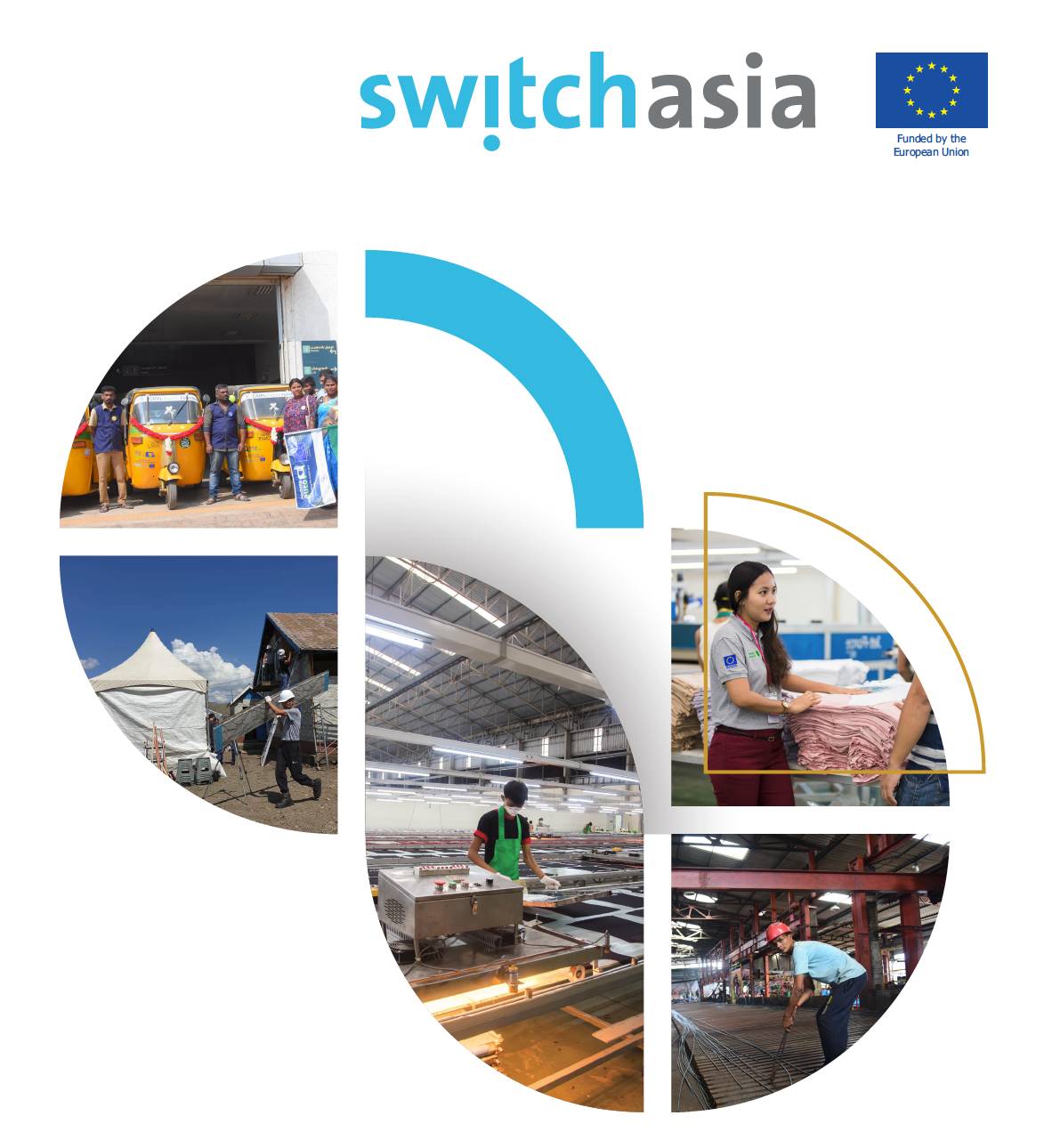
In 2020, a review of the grant scheme of the EU SWITCH-Asia programme was conducted, aiming to draw lessons learned from the economic, environmental and social impacts of the SWITCH-Asia pilot projects. 130 projects funded across the entire programme period between 2007-2020 were analysed. The grant scheme is designed to support Micro, Small & Medium Enterprises (MSMEs) in the region to test early stages of sustainable consumption and production practices which could be further scaled-up and reproduced to the market.
Part of the review specifically focused on access to finance opportunities as a key area to scale-up and replication of grant project activities. Project documents and interviews laid the basis for this analysis. The analysis showed that finance-related activities of SWITCH-Asia grant projects built up over time. To date, many grant projects integrate financing activities as part of their activities, and the reported successes range from business case development to make SCP approaches bankable to securing financing for (M)SMEs by local SME banks and other financial institutions.
The following business cases were developed in the context of a review of the SWITCH-Asia grant scheme. Information was gathered by document analysis and by way of interviews with the grant-implementing organisations.
A team of experts examined each project’s objectives and impacts and their relevance to policies promoting SCP as well as their relevant to the recent policy priorities of the EU Green Deal. In a second step, projects were clustered according to economic sectors and SCP practices were conducted. In a third step, recommendations were developed based on these analyses.
For this publication, seven exemplary projects representing various sectors and countries covered by the programme were selected. It seeks to inform on the enabling factors for developing successful financing components, show the variedness of challenges and solutions and seeks to present the individual approaches that grant project teams took to making financing and scale-up possible for their business cases.


